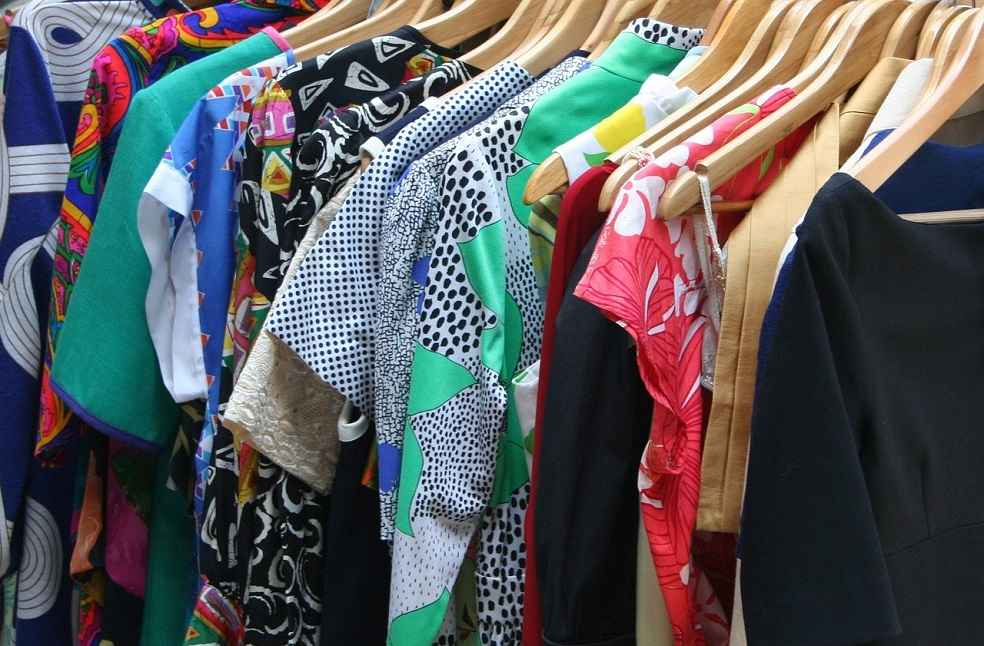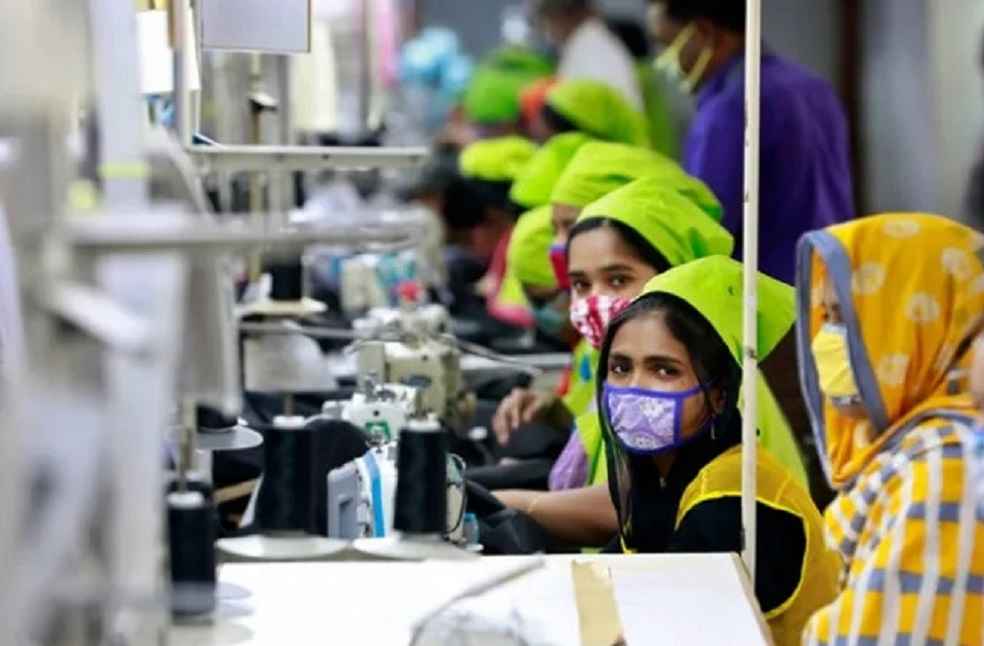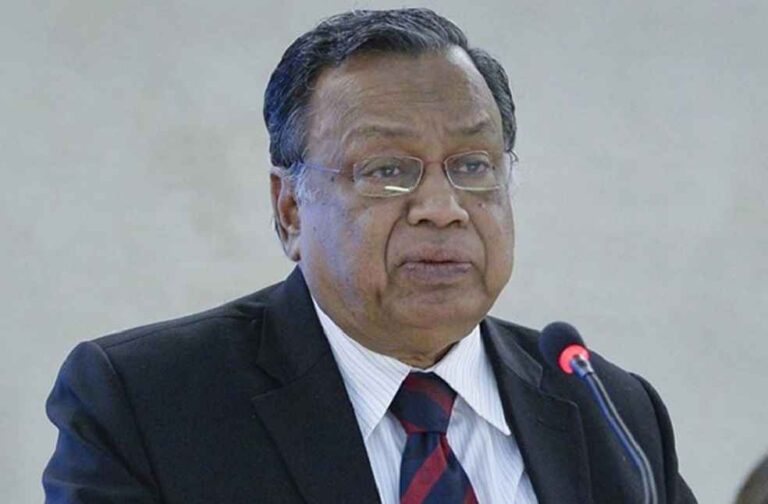Bangladesh’s Finance Minister, Abul Hassan Mahmood Ali, recently signaled the government’s readiness to reconsider its decision on reducing garment export incentives following a meeting with the industry representatives. These stakeholders articulated worries about the adverse effects such cuts might have on the sector’s competitiveness internationally.
Historically, the Bangladeshi government supported exporters with cash subsidies varying from 1 to 20 percent, particularly benefiting the garment industry, thereby enhancing its competitive edge globally. This strategy was pivotal for Bangladesh’s ascendance as a dominant apparel exporter, leveraging cost-effective production to secure a substantial position within the international apparel domain.
Yet, the scenario transformed drastically at January’s end when the government recalibrated these incentives, adjusting them to a spectrum of 0.5 percent to 15 percent. This recalibration, effective for shipments from January 1 to June 30 of the current year, also saw the elimination of incentives for the top five garment items, accounting for 56 percent of Bangladesh’s annual apparel exports.

Prior to this adjustment, apparel exporters enjoyed a 4 percent incentive for the utilization of local fabrics and an extra 2 percent for eurozone shipments. For emerging markets outside the EU, US, Canada, and the UK, a 4 percent incentive was applied, with the average incentive across all markets hovering around 1 percent.
The garment manufacturers’ outcry over an alleged 80 percent slash in export subsidies underscores the sector’s apprehensions about sustaining its competitive prowess in the cutthroat global market. The garment industry stands as a cornerstone of Bangladesh’s economy, significantly contributing to export earnings and employment.
The Ready Made Garments (RMG) sector has risen to become the largest source of foreign exchange earnings. Witnessing remarkable growth since the 1980s, this sector plays a crucial role in the GDP and employs approximately 4.2 million Bangladeshis.

Finance Minister Ali’s openness to reevaluate the incentive policy reflects the government’s acknowledgment of the garment industry’s critical status and the complexities of global trade dynamics. This stance also signifies the pursuit of a strategic equilibrium that fosters economic advancement while securing the sustainability and international competitiveness of essential sectors.
Observers within and beyond Bangladesh’s borders keenly await the government’s forthcoming actions, which will undeniably influence the nation’s economic landscape and its standing within the global apparel arena. The ongoing dialogue between the government and garment manufacturers marks a pivotal moment, with the potential to sculpt the industry’s destiny and, by extension, Bangladesh’s economic pathway.
LATEST NEWS | Kazakhstan Updates Policy for Trade-Diplomacy Balance Amid Russian Sanctions



